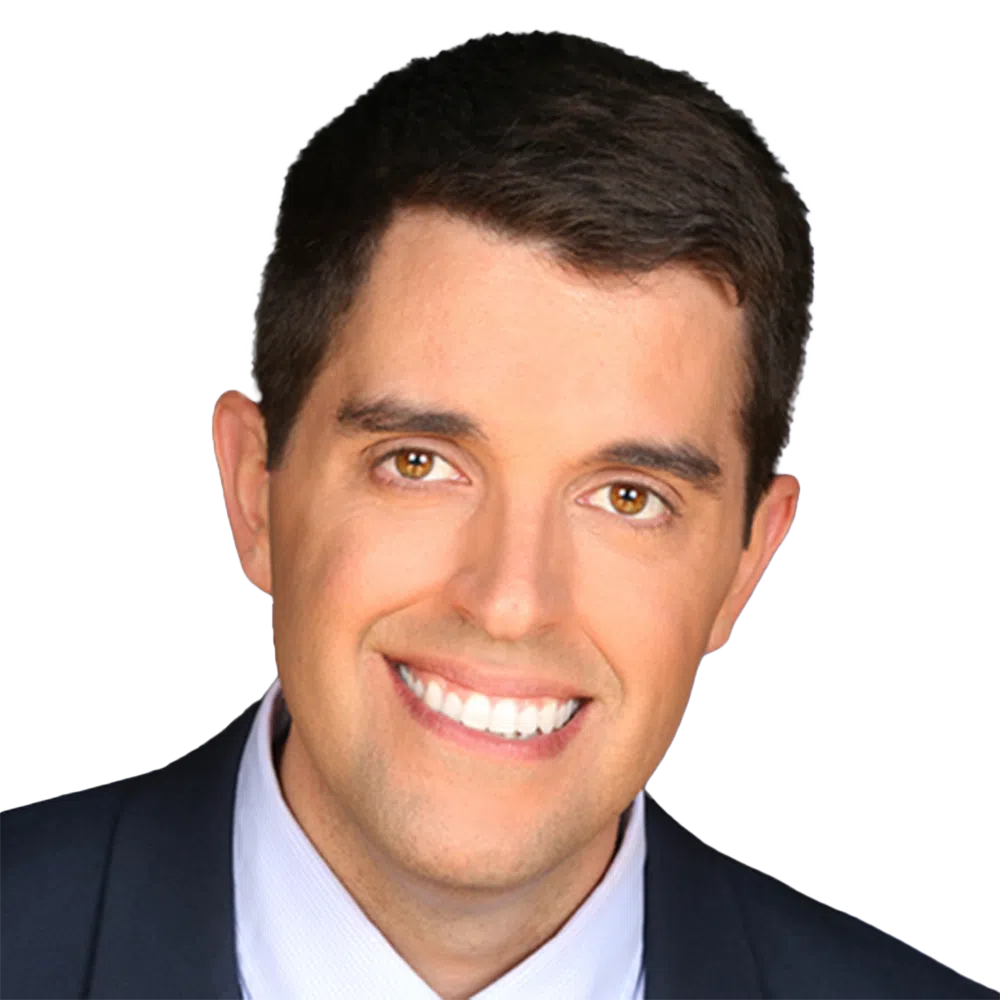President Trump very recently signed an executive order exempting a range of products from his proposed tariffs, including some pharmaceuticals.
One day prior, he issued an order exempting generic pharmaceuticals from Japan from tariffs.
It’s encouraging news, to be sure — particularly for American patients. But policies which shield vital products such as medicines from trade barriers shouldn’t be the exception. They should be the norm.
Tariffs will make prescription drugs more expensive for Americans — and make new medical breakthroughs a lot rarer.
The proposed levies will also do little to bring pharmaceutical manufacturing to American shores anytime soon — the administration’s stated purpose in enacting the policy.
A tariff is nothing more than a tax on imported goods. When a government imposes taxes on something, higher prices and scarcity tend to follow.
This consequence is merely unfortunate when the imports in question are German automobiles or French cheese.
But when the product is a prescription medicine or pharmaceutical ingredient that patients need to stay alive, the results of import taxes can be fatal.
The tariffs will make imported drugs and pharmaceutical ingredients more expensive for patients and drug-makers, respectively.
Patients will find it more difficult to secure affordable access to medicines they rely on.
Domestic drug-makers will find it more difficult to secure affordable access to inputs they rely on to manufacture their finished products.
Higher prices will ripple throughout the pharmaceutical market. And they will do so at a moment when roughly three in ten Americans struggle to take their prescription drugs as prescribed because of financial concerns. That share is sure to increase.
But the fallout from drug tariffs won’t end there.
By saddling the drug industry and its customers with new costs, the levies will make the sector far less attractive to investors.
That will cause a drop in funding for the next generation of medical research.
Reduced access, higher prices, and less innovation — those are the consequences of pharmaceutical tariffs.
Defenders of tariffs argue that they’re necessary medicine to compel companies to move more of their manufacturing operations to American shores.
That’s a legitimate public policy goal — one that could enhance our national security. And the tough tariff talk seems to have compelled action from some drug-makers.
AstraZeneca, for instance, has promised to spend $50 billion on U.S. manufacturing by the end of the decade.
Eli Lilly recently announced a $27 billion investment in four new U.S. drug manufacturing facilities.
But it remains to be seen whether those multibillion-dollar promises will actually come to fruition. Further, a large-scale transition to domestic drug manufacturing would take years to accomplish — and will require a lot more than punitive tariffs to bring about.
Right now, most brand-name medicines that Americans take are manufactured abroad. And 80% of the generic drug tablets and capsules consumed in the United States come from abroad, according to research from the Brookings Institution.
Replacing that supply with alternatives made in the United States will be a complicated and time-consuming process that has barely even begun.
If policymakers want to convince drug makers and other industries to do more of their manufacturing stateside, they must ensure that it’s profitable — and possible — to do so.
Eliminating regulations that make it difficult to build factories and gain regulatory approval for new drug-manufacturing facilities would be far more effective at convincing pharmaceutical companies to set up shop here.
Doug Holtz-Eakin of the American Action Forum estimates that it takes 10 to 15 years to build a manufacturing facility in the United States.
Tariffs won’t do anything to relieve that kind of inefficiency.
The United States also faces a shortage of skilled labor.
Drug-makers need talented people with the smarts to oversee complex manufacturing processes for cutting-edge medicines.
Tariffs will do nothing to create those kinds of people.
The president’s effort to exempt drugs from tariffs shows that he understands that imposing broad import taxes will have unintended negative consequences.
It’s crucial that life-saving medicines not be collateral damage of his trade war.
Sally C. Pipes is President, CEO, and Thomas W. Smith Fellow in Health Care Policy at the Pacific Research Institute. Her latest book is “The World’s Medicine Chest: How America Achieved Pharmaceutical Supremacy – and How to Keep It.” Follow her on X @sallypipes. Read Sally Pipes’ Reports — More Here.
© 2025 Newsmax. All rights reserved.








